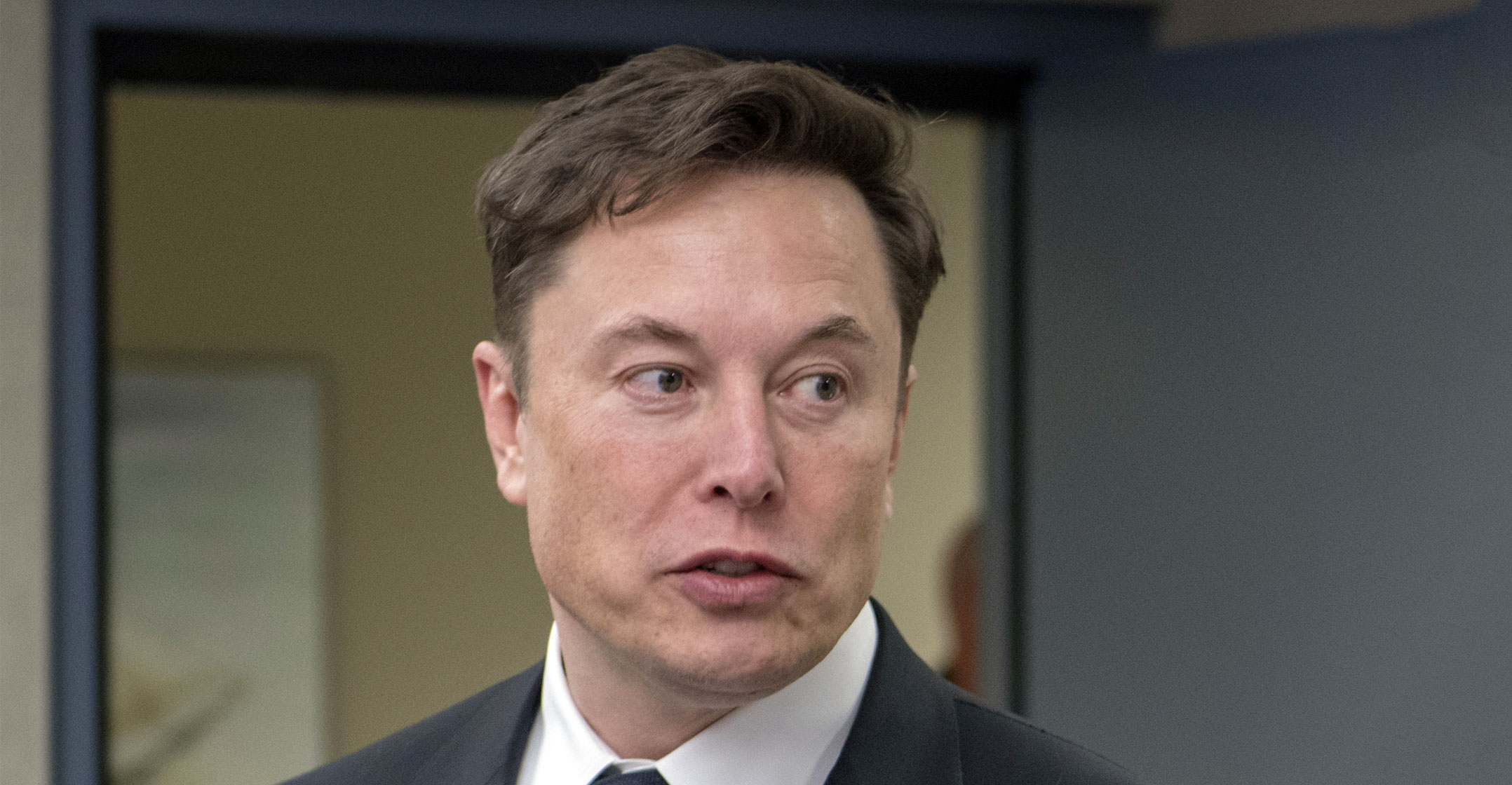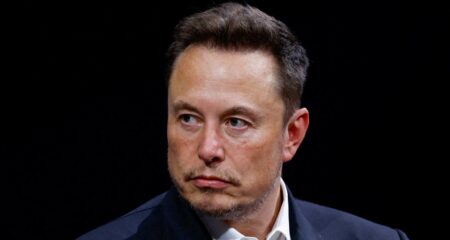
Just days after hastily abandoning a short-lived exploration of taking Tesla private, Elon Musk has returned to Twitter to showcase the impulsiveness that has raised the eyebrows of investors and regulators alike lately.
In a series of posts on Tuesday, the unpredictable CEO denied that he cried during a New York Times interview earlier this month. Musk then couldn’t resist trading barbs with a follower who criticised him for calling a cave explorer in Thailand a pedophile back in July.
Musk steered clear of making any assertions about Tesla, a key distinction from his posts that are said to be under investigation by the Securities and Exchange Commission. But the missives served as fresh reminders of Musk’s erratic Twitter tendencies and reinforced concerns about whether he can adhere to the SEC’s rules, now that he’s decided Tesla will stay public and continue to fall under the agency’s oversight.
“He’s not going to become a typical CEO, so the question is whether he’s going to make statements that run afoul of securities laws,” said Ken Bertsch, an executive director at the Council of Institutional Investors, a trade group that represents public pension funds that own Tesla shares. With the SEC, Musk is “going to be on a shorter leash”, Bertsch said. “And I’m sure the company’s lawyers are telling him that.”
The SEC hasn’t acknowledged that it’s investigating Tesla, and Ryan White, a spokesman for the agency, declined to comment for this story. A Tesla spokesman also declined to comment.
Musk started 17 days of drama when he tweeted on 7 August that he had “funding secured” to take Tesla private, without sharing evidence that investor money was indeed lined up. Generally, the SEC considers statements by executives to be material information that have to be true, and the comment prompted a subpoena from the regulator.
After Musk has changed course Friday and pledged to keep Tesla public, one of the biggest risks he faces is that the SEC will try to bar him from being an officer or a director of a public company. This level of punishment often stings much more than any fine, which is why most companies aggressively resist it in settlement negotiations with the regulator.
Won’t change easily
The attention that the go-private-or-not saga generated from Wall Street and the government-fuelled speculation that Musk may start to tone down his presence on social media, perhaps at the urging of Tesla’s board, which was put on the defensive by the episode. The company’s chairman and biggest shareholder deactivated his Instagram account last week.
But Musk’s decision to continue to respond to critics on Twitter indicates he won’t change easily, said Charles Elson, a University of Delaware finance professor who specialises in corporate governance.
“If someone has engaged in a course of behaviour for some time, it’s usually difficult to change,” Elson said. “I don’t think a CEO should be on Twitter; I would have hoped that would have been the lesson. Obviously, it’s not.”
 To be sure, Musk’s comments Tuesday didn’t delve into topics that are likely to upset the SEC. Still, his decision to keep Tesla public may mean the agency keeps a close eye on his public statements for the foreseeable future.
To be sure, Musk’s comments Tuesday didn’t delve into topics that are likely to upset the SEC. Still, his decision to keep Tesla public may mean the agency keeps a close eye on his public statements for the foreseeable future.
The SEC already had been investigating whether Musk’s vehicle production forecasts may have misled investors before the regulator started scrutinising whether he had secured funding for a Tesla buyout.
Some of Musk’s predictions have been way off. Musk said during a May 2016 earnings call that, during the second half of 2017, he expected Tesla would produce between 100 000 and 200 000 Model 3 sedans — the lower-priced car that’s pivotal to the company generating profit. Tesla ended up building fewer than 3 000 Model 3s in last year’s second half.
Jill Fisch, a co-director for University of Pennsylvania Law School’s Institute for Law and Economics, said that Musk’s use of social media to share important information is increasingly common among technology executives, particularly those on the US west coast.
“A lot of these companies, their business models are about pushing the envelope on regulation,” she said. “If that’s the mindset for your business model, it makes sense that’s going to carry over with how you communicate with shareholders.” — Reported by Ben Bain and Matt Robinson, with assistance from Dana Hull, (c) 2018 Bloomberg LP




